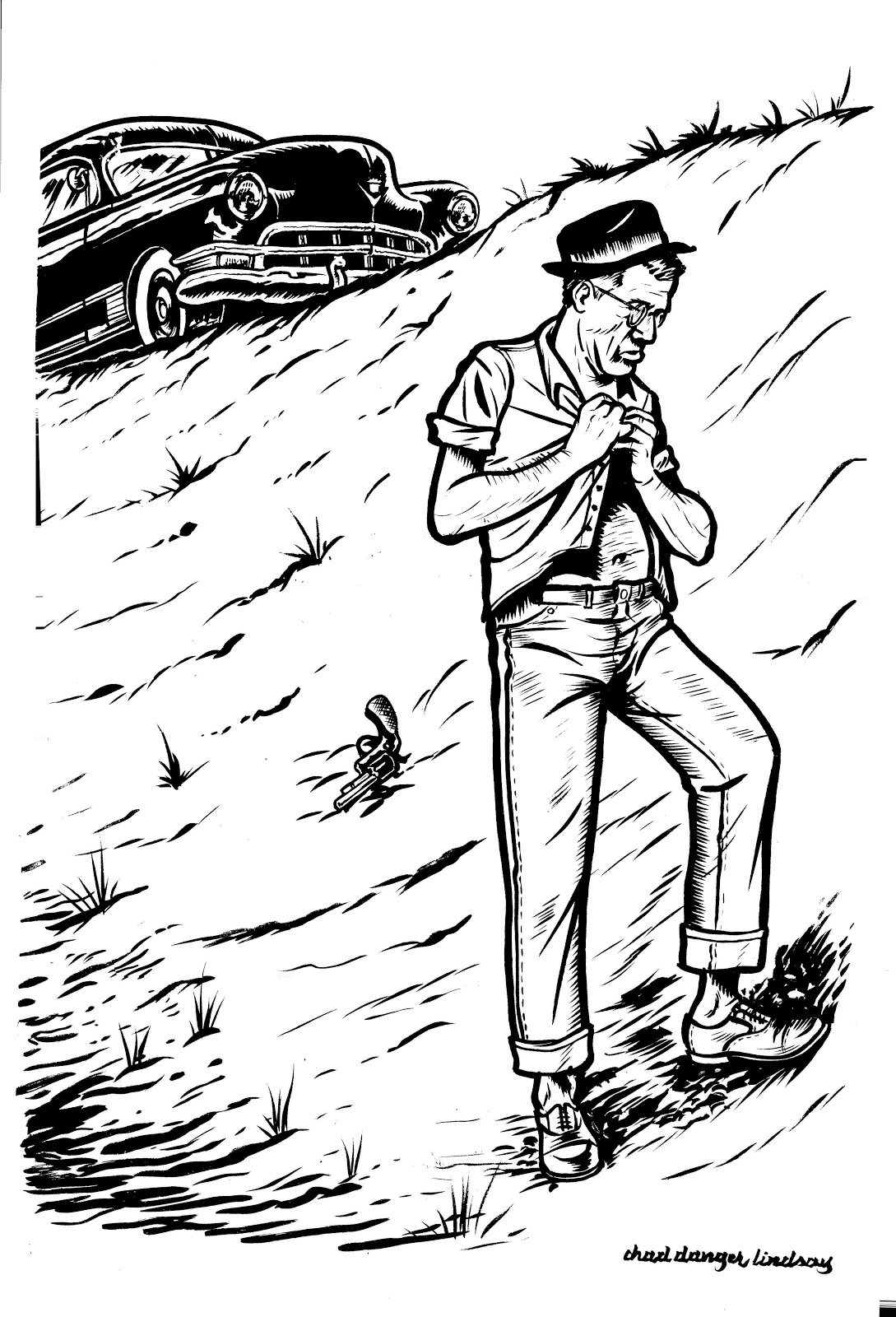Somewhere Between Tom Brokaw and The Misfit
Howard Schaap
 I blame Tom Brokaw. Or someone, anyway, west of the Mississippi and east of the Rockies. This might qualify Walter Cronkite, too, who was no doubt the most powerful white man of my youth. The news itself, it might be said, was the direct descendent of Puritan plain style, the most complex stories broken down into a few short sentences delivered by stolid white men in serious, accentless tones with direct eye contact. And Midwestern English had a starring role.
I blame Tom Brokaw. Or someone, anyway, west of the Mississippi and east of the Rockies. This might qualify Walter Cronkite, too, who was no doubt the most powerful white man of my youth. The news itself, it might be said, was the direct descendent of Puritan plain style, the most complex stories broken down into a few short sentences delivered by stolid white men in serious, accentless tones with direct eye contact. And Midwestern English had a starring role.
Spellcheck doesn’t recognize the word “accentless.”
The idea itself is illogical, like water without wetness. Language by nature has an accent. The idea that Midwestern English is accentless is therefore obvious bunk. Still, for generations it was the language of the news. Generations after Brokaw and light years from Cronkite, the Midwest continues to suffer from their legacy, the idea of accentless language.
Or the Upper Midwest does—maybe the northern plains—I’m not sure where to locate it. Certainly west of Chicago. Chicagoans’ accents are crystalized, their identity sure. Though also south of the Coen’s Fargo. North, certainly, of Hannibal, Missouri. Mark Twain’s writing is among the surest of itself, rooted, but Twain is a Southern writer. Sure, the Midwest feels affinity for Twain, but primarily in a kind of envy, as wannabes.
As a writer, I spent years trying to neutralize my voice. First, I tried to leave the Midwestern accent—or non-accent—behind by trying to sound smarter: I spent years trying on the greater non-accent of academia. That is, I thought as a writer I was supposed to climb to some position high above the biases and stereotypes of accented English, so I tried to leave Midwest English, a supposedly accentless English, for Academic English, a really accentless English.
I know it doesn’t make any logical sense, that being smart means you know there is no objective point of view or accentless English, but that’s certainly not the impression academic writing gives off.
Something has also changed about Midwestern English. Its supposed clarity has become equated with simplicity or facelessness. In fact, I sometimes wonder if the era of Kronkite and Brokaw hasn’t left a vacuum, if it hasn’t left us with Southern accent envy. This would help to explain the way Duck Dynasty has colonized the Midwest and why I see a Confederate flag displayed in the window of a tiny town (population: 50) I commute through every day—in Minnesota.
So, I'm trying to return to the Midwestern accent again—or, more precisely, to the accent in this part of the Midwest, south of Fargo, west of Chicago, north of Hannibal—to hear it, to align myself specifically with it. What are the ins and outs of the English spoken in my backyard? What has the language itself sheltered within its peculiar constructions and idioms?
But where do I turn for help? To Southern writers, where else? When Flannery O’Connor’s Misfit says about Jesus, “He thown everything off balance,” we know we’re in the middle of it, in the middle of a mind, in the middle of a place, in the middle of a theology. The best writers both align themselves with an accent, the diction of a place, and enable us as readers to get inside it, too. They both affirm it and hold it up to the light.
Which drives me to a second source: to the men at the downtown coffee shop, to the women at the supermarket deli, talking their Middlewestern talk, here in flyover country, the land of Tom Brokaw.